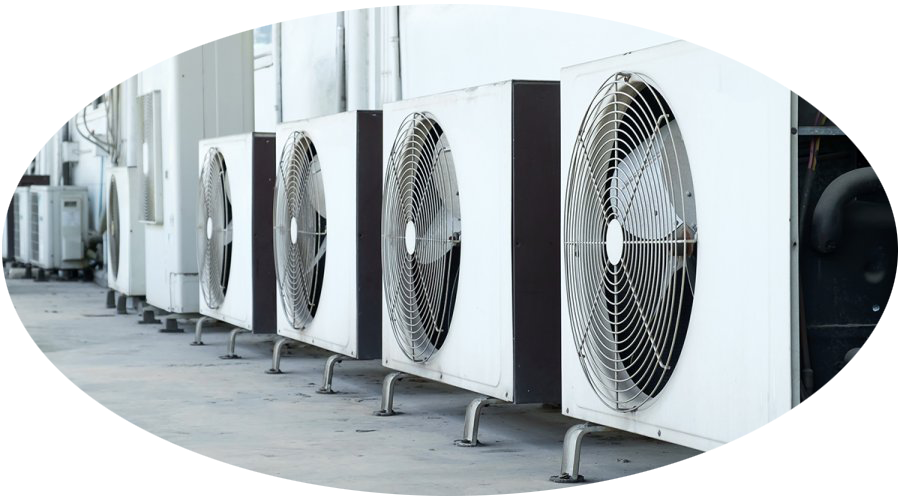Industrial Cooling Systems: Optimizing Processes and Ensuring Efficiency
Industrial cooling systems are critical components in various manufacturing and processing industries, playing a vital role in maintaining optimal operating conditions and preserving the quality of products. These systems are designed to remove excess heat generated during industrial processes, preventing equipment overheating and ensuring consistent performance. This article delves into the importance, components, types, and benefits of industrial cooling systems.
Importance of Industrial Cooling Systems:
In industrial settings, efficient cooling is essential for several reasons:
Equipment Protection: Industrial machinery and equipment can generate significant amounts of heat during operation. Cooling systems help dissipate this heat, preventing overheating and potential damage to machinery components.
Process Optimization: Many industrial processes require specific temperature ranges for optimal performance and product quality. Cooling systems enable precise temperature control, ensuring consistent product output and quality.
Energy Efficiency: Effective cooling systems help reduce energy consumption by maintaining equipment at optimal operating temperatures, minimizing energy waste associated with overheating.
Worker Comfort and Safety: Cooling systems contribute to a comfortable working environment for employees by regulating indoor temperatures and humidity levels. This improves productivity and ensures worker safety in industrial facilities.
Components of Industrial Cooling Systems:
Industrial cooling systems typically consist of the following components:
Cooling Towers: Cooling towers are used to remove heat from industrial processes by transferring it to a circulating water stream. They operate through evaporation or direct contact with air, depending on the type of cooling tower.
Chillers: Chillers are refrigeration systems that cool water or other fluids to desired temperatures. They are commonly used in industrial applications to cool equipment, processes, or products.
Heat Exchangers: Heat exchangers facilitate the transfer of heat between different fluid streams, such as water and air or water and refrigerant. They play a crucial role in industrial cooling systems by increasing energy efficiency and temperature control.
Pumps and Circulation Systems: Pumps are used to circulate cooling water or fluid through the industrial process and cooling equipment. They ensure proper flow rates and distribution for effective heat removal.
Control Systems: Control systems monitor and regulate various parameters, such as temperature, flow rate, and pressure, to maintain optimal cooling conditions and ensure system efficiency.
Types of Industrial Cooling Systems:
Industrial cooling systems can be categorized based on their cooling mechanisms and applications:
Water-Cooled Systems: Water-cooled systems use water as the primary cooling medium and rely on cooling towers or chillers to remove heat from industrial processes.


